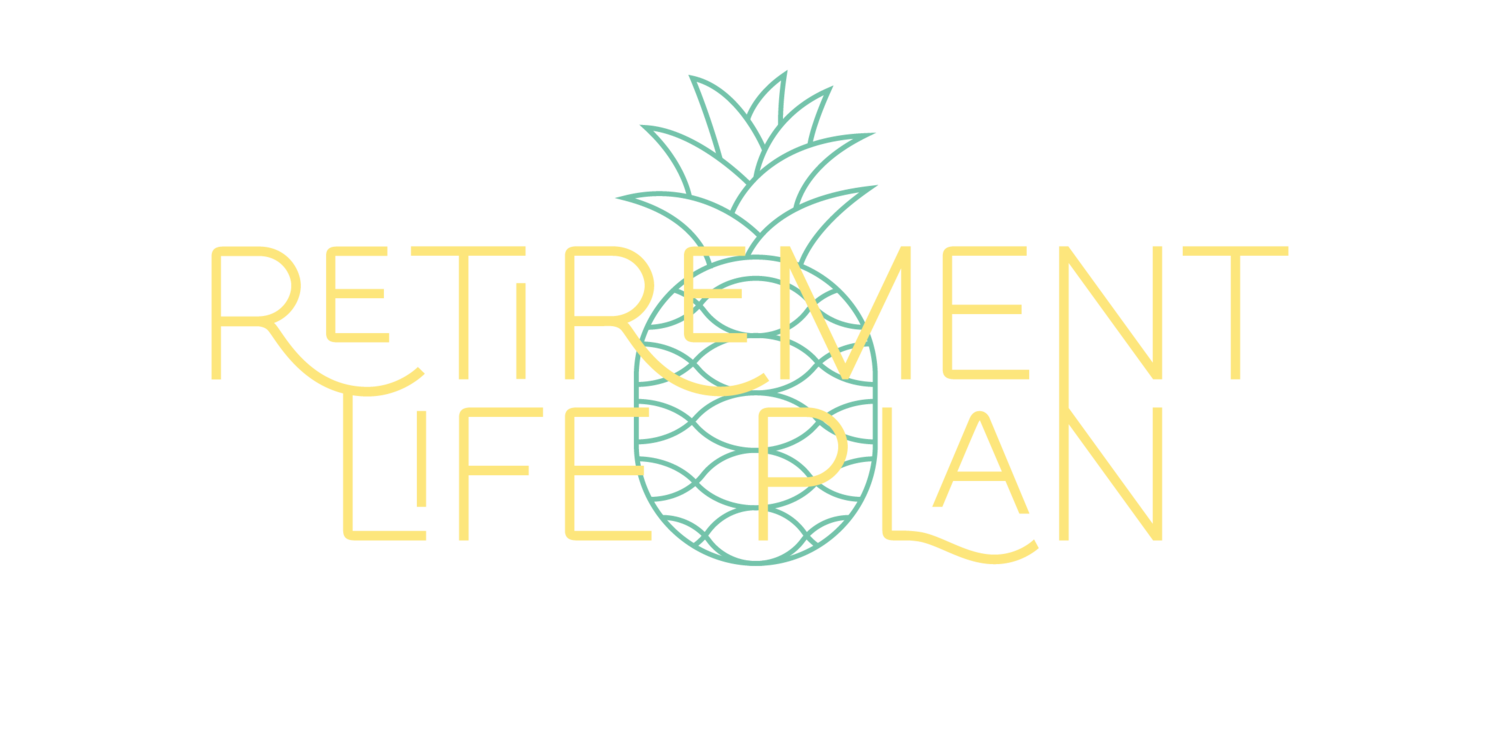The Last Day of Work Before Retirement
Ah, you’ve almost made it to retirement! It’s a time to celebrate - celebrate no longer having to set the alarm, fight traffic, and respond to emails. Colleagues and family may be arranging a party to celebrate this big event with ideas of travel, sleeping in, and just doing what you want, when you want.
But when the time comes to pack up your desk, and say goodbye to colleagues, the significance of this departure can start to really hit home…dredging up emotions that hadn’t surfaced before. Suddenly, realizations that this is it - perhaps there is no going back - start to overcome you.
Actually, there are many things you do still enjoy about work. You notice the people around you, and the bonds you have formed with so many of them. Will those continue, or will they fade? Memories of your career, challenges you overcame, and accomplishments bubble up as you pack up your things.
Even seemingly small privileges begin to feel much more significant. One day, you walk right into the office as if you own the place; and the next, you need permission and a visitor’s badge. No more access to email. You become an outsider on projects you once managed.
Meanwhile, colleagues innocently inquire about what you will do next: What will you do with all of your free time? Perhaps you have had ideas about fixing up the house, some travel, or time with grandkids. Doubt starts to creep in. What am I going to do with myself? Was this the right choice? Will I really enjoy retirement?
Uncertainty, fear, and anxiety are a natural part of the retirement transition. When we actually stop to think about it, this really is a massive life change—whether or not we look forward to it. It means leaving something behind that has consumed most of our time, and our lives. Of course there will be big emotions arising with this change.
For some, these thoughts, questions, and emotions come up well before the retirement event, itself. But for many, reality hits hard on that last day of work, and first days of retirement. Some have described waking up drenched in sweat, fearing they have made the wrong decision about retiring. Then, others may go through a period of denial, spending the first few weeks of retirement feeling as though they are on leave. Whatever the situation is, there are things you can do now, on your own, to help prepare for this big event and reduce difficult feelings of shock:
1. Reflect on the story of your career. If you’re someone who likes to write, then you might do some journaling to reflect on your career experiences. Talking to a friend or colleague, however, is a great way to reflect on your career - the highs, the lows, the accomplishments, the setbacks, and the challenges you overcame.
2. Acknowledge what you are leaving behind. For many people, retirement is an opportunity to get away from the aspects of work they no longer enjoy. This becomes the focus for retirement. This can also cause blind spots with regard to the positive and enjoyable aspects of work that will be let go of with retirement. As you reflect on your career and current work situation, consider both the things you are happy to leave behind and the things that still provide fulfillment.
3. Get realistic about retirement life. Retirement offers many great benefits. In order to really reap these benefits, and experience satisfaction and fulfillment in retirement, it’s important to give serious consideration to the pursuits that will become a central part of your life. Do they challenge you, or push you to develop in some way? Do you have pursuits that you become completely immersed in? Are there pursuits that leave you feeling as though you have had an impact on someone or something?
Bridging the gap between a rewarding career and a fulfilling retirement is exactly where a retirement life coach can help with the transition to retirement. Retirement life coaching aims to address and explore these questions in order to reduce feelings of uncertainty in the run-up to retirement, increase confidence in plans for retirement, and support long-term wellbeing after retirement. It is not about creating a bucket list of things to do, or directing you to volunteer opportunities - it is about digging deep into who you are as an individual, and helping you identify the type of lifestyle that will fit you best for a happy retirement.
© 2021 Retirement Life Plan
